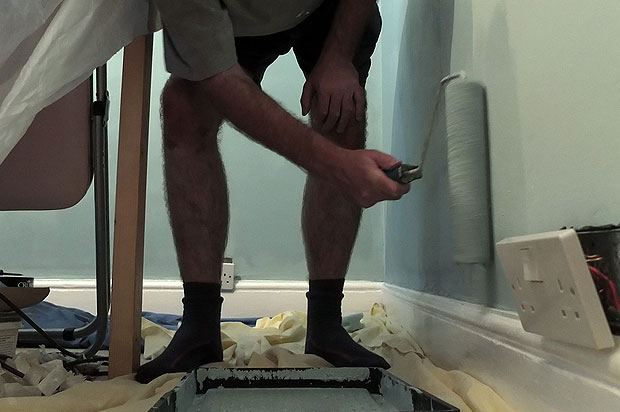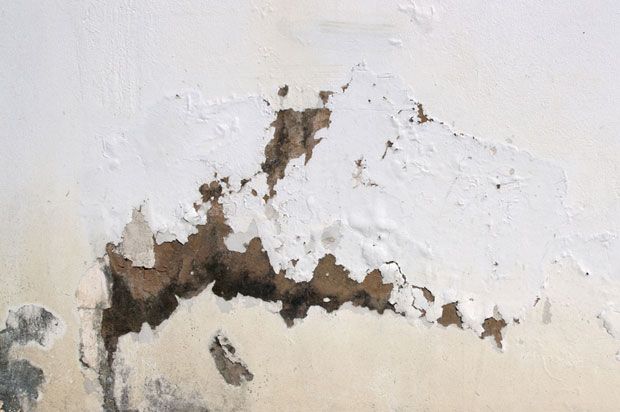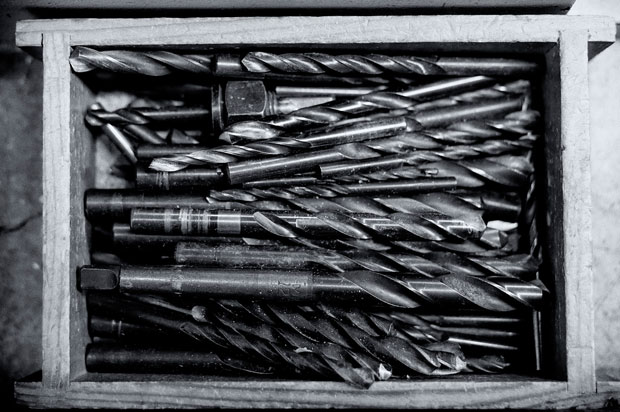Does the landlord have to repair our rented home?
Know your rights and get your landlord to do repairs before your house starts falling down around you.

Hairy legs: not essential
Who is responsible for repairs?
The landlord: is required by law to look after the structure of the building, including outside fittings (gutters) and essential services (heating appliances, sinks, baths, toilets and the water, gas and electricity supplies.) Providing your tenancy agreement is for less than seven years.
For issues related to the roof, a crucial aspect of any building’s structure, landlords should promptly address concerns to uphold their legal obligations and ensure tenant satisfaction. If you find yourself in need of professional assistance for roof maintenance or repairs, consider reaching out to experts who specialize in property improvements. You can find valuable guidance and services at https://www.loaconstruction.com/austin/. By taking this proactive step, landlords can fulfill their legal obligations while also ensuring the longevity and quality of their property.
The landlord has a right of entry, after reasonable notice (generally 24 hours, except in an emergency), in order to meet this obligation. If they fail to stick to the law, having had the problem brought to their attention, and having been given a sufficient time to deal with it, you may be able to take them to the Small Claims Court, or get the repair done yourself, possibly deducting the cost from the rent.
The tenants: are responsible for repairing any damage they cause, but are not responsible for reasonable wear and tear.
Getting them fixed
Tell the landlord when the repairs need doing and continue to pay the rent. If the landlord does nothing and the repairs affect basic health and safety then contact your local environmental health office who have the powers to force your landlord to carry out repairs.
If the problem is minor or your local council refuse to help, check that the repairs are definitely your landlord’s responsibility. If they are, write to your landlord saying you will organise the repairs yourself and send to estimates for the cost. Give your landlord two weeks to consider these. If you still hear nothing, go ahead with them yourself and take the cost from your rent. Keep detailed records and receipts of what you have done and of any correspondence between you and your landlord.
Getting a landlord to carry out their legal obligations cannot result in a change to your agreed rent, but making a house more attractive, perhaps by improving the provision of amenities, may mean it can command a higher rent when a new agreement comes to be negotiated. Similarly, while you will be protected during your tenancy from harassment and illegal eviction, making a complaint to a local authority about the condition of your house may make the landlord less likely to renew your tenancy in the future.
If a repair is not done:
First talk to your landlord. Keep a note of what was said and the date. Get a date when the work should be finished. If you are still not happy get advice from your local Housing Advice Centre or Citizens Advice Bureau.
Keep a note of the names of the people you speak to. Even if you have phoned or called in, it is a good idea to write as well. Send your letter by Recorded Delivery and keep a copy yourself. Persistence works. Make sure you are at home when people who have come to see about repairs call.
Urgent repairs:
- Unsafe front door;
- Blocked toilet;
- Burst pipes;
- Defective power points;
- Defective gas appliance;
- Broken windows.
Landlords are legally responsible for:
- Outside walls;
- Inside walls and ceilings (except minor cracks that can be easily filled when decorating)
- Floors (they must be structurally sound and safe);
- Electrical wiring, sockets and switches;
- Baths, sinks and toilets;
- Heating;
- Water supply;
- Roofs and gutters;
- Drains (unless you have allowed them to become blocked);
- Water tanks;
- Stairs, balconies and lifts (they are obliged to keep communal stairs and lifts clean).
You are legally responsible for:
- Reporting all repair needs promptly and providing access so that they can be attended to;
- Decorating the inside of the flat, unless it says otherwise on the contract;
- Toilet seats;
- Dripping taps;
- Sink and bath plugs;
- Floor covering i.e. linoleum, carpet.
Ask your landlord for a copy of their policy on repairs and decorations and look at your Tenancy Agreement. The repairs’ and decorations’ policy should explain in greater details:
- Who is responsible for repairs;
- How to report a repair;
- Who to report emergency repairs to;
- Response and completion times;
- Improvements to your flat (what you can and can’t do);
- Decorations (Can you decorate? Do you need to ask permission?).
Photo by volunteer photographer Jeff Arris
Next Steps
- Chat about this subject on our Discussion Boards.
By
Updated on 29-Sep-2015
No featured article













